It is estimated that close to 230 hectares will be devoted to the Candine in Portugal; a production that will be managed and marketed by the Atlantic Apple consortium. "There will be 200 hectares under integrated production and the other 30 will be organic. Last year we already marketed the first 50 tons, and this year the production will grow significantly," said Jorge Soares, president of the consortium that brings together 11 producer organizations that are also members of the Association of Apple Producers of Alcobaça.
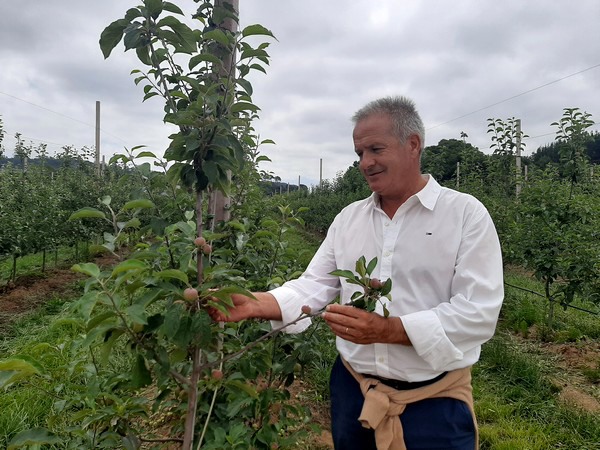
"We have been testing the cultivation of the variety for 8 years in southern Portugal and in this area of Alcobaça, and this has allowed us to verify that the Candine grown here is of very good quality. It is a different kind of apple, with the usual 14-16 degrees Brix of the Candine, but with the degree of acidity that makes Alcobaça apples stand out.
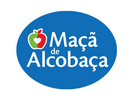
For this reason, the Candine apples produced in this region will feature a direct reference to the PGI Alcobaça in their labels or packaging,” said Jorge.
The Candine, in fact, isn't just a big bet from the West Region apple growers to diversify their production and add premium club fruit to the PGI and collective brand they already work with. It is also an interesting complement to their flavored apple line.
"The Fuji is the second leading variety in the region, but this one has the disadvantage of having on and off years," says the Atlantic Apple president. "The Candine doesn't have this problem, and on top of that, it is very productive. It is also highly resistant to the diseases we have here, and it's very well adapted to our Atlantic climate, which is why we have selected it for our ecopomars. We already produce zero waste apples, but the Candine will be the first variety we will be able to grow organically."
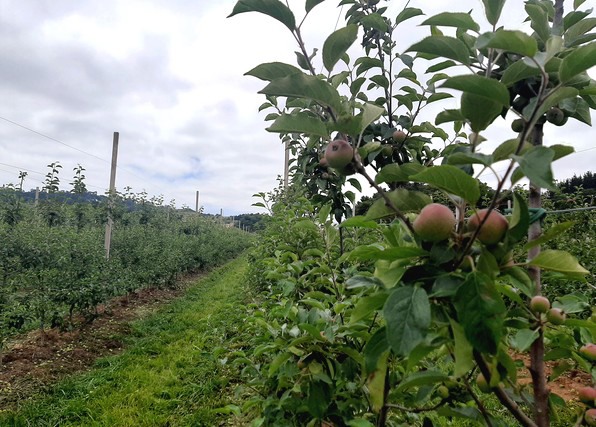
The ecopomar and ecomaças are two concepts that this association has launched and that have already been officially registered for use with Agro Selection Fruits' club apples. "In the ecopomars, we will have integrated production and implement regenerative agriculture and agroecology practices to maximize the regeneration of soils and the environment."
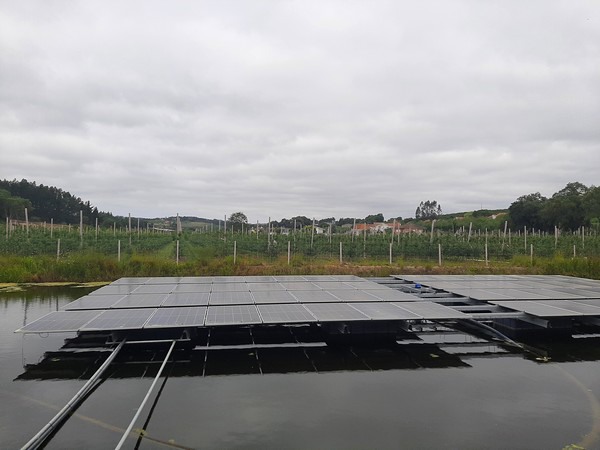
The goal is to make the apple orchards as independent as possible, providing them with their own systems for energy production, ponds to accumulate water reserves for irrigation, the capacity to produce compost with the plant waste from the crops, and the integration of wooded areas to recover the macrofauna. "We also plan to replace the combustion machinery and, in fact, the first electric tractor to be used in Portugal is going to be ours."
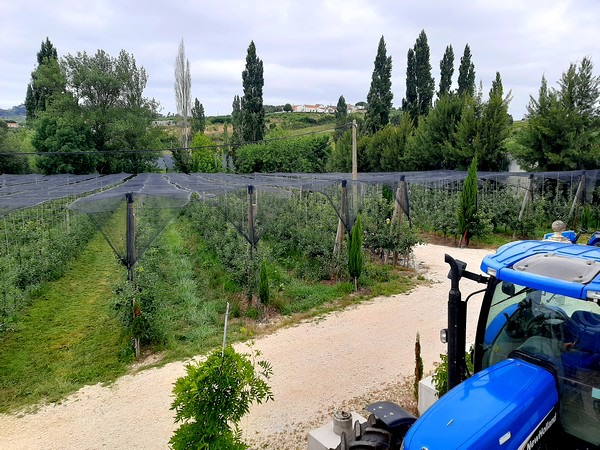
In terms of job creation, the Candine is also an advantageous option, as its harvest begins in the first half of September, right in between the Gala harvest, which runs from the second half of August to early September, and that of the Fuji, which starts in the first half of October, says Jorge.
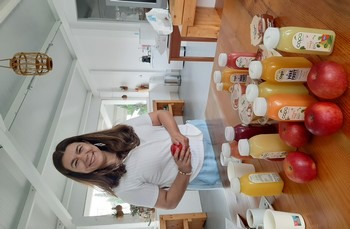
"The Candine is already produced in France, Spain and Italy. The fact that there are already large European players in the club and that the brand is known worldwide will give opportunities to the Portuguese sector. We are going to target the domestic market and Brazil with our Candine, where the small and medium sizes characteristic of our apples are consumed, and where we already have many doors open."
For more information:
Atlantic Apple
Susana Costa
Tel.: +351 919 469 995
atlanticportuguese@gmail.com
